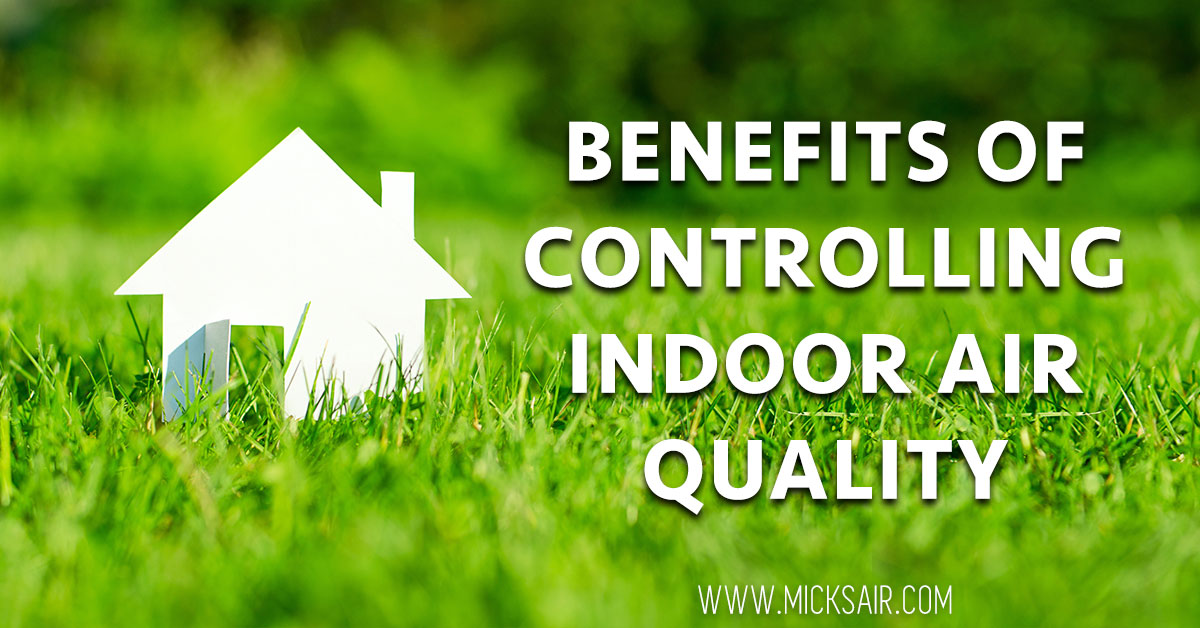During both winter and summer, the HVAC (heating, ventilation and air conditioning) system installed in your home plays a major role in controlling normal airflow. In addition, your HVAC system plays a major role in controlling your indoor air quality. A poorly maintained system can significantly decrease the quality of your indoor air. Conversely, a well-maintained HVAC system provides a range of benefits, including reduced exposure to common household pollutants and reduced exposure to airborne, disease-causing microorganisms.
Your HVAC System’s Impact on Air Quality
In many respects, your HVAC system is the gatekeeper of your indoor air quality. A well-maintained system will keep your air clean. However, a poorly maintained system can act as a breeding ground for several types of microorganisms — including mold, bacteria and fungi — capable of causing disease, producing headaches and making you feel generally tired and unwell.
This usually happens when excessive moisture levels turn the fiberglass insulation on your system’s ducts into a suitable home for uncontrolled microbe growth.
Modern houses are typically built with airtight construction methods. This means that your home can gradually trap accumulating levels of all kinds of airborne household pollutants, including cigarette smoke, dust, pollen, pet dander and carbon monoxide and other toxic gases. A properly equipped, functional HVAC system can remove the vast majority of these pollutants from your indoor air. On the other hand, a malfunctioning or outdated HVAC system will leave most airborne household pollutants in active circulation.
The Benefits of Clean Indoor Air
Airborne microorganisms in indoor environments are a major source of health problems throughout the U.S. If your HVAC system properly monitors and controls your indoor air quality, you receive the benefit of an environment that does not promote contagious illness or other forms of sickness. Similarly, proper control of your air quality can help prevent exposure to highly damaging pollutants, including asthma- and cancer-promoting secondhand cigarette smoke.
Air Quality Control
There are a number of ways to ensure that your HVAC system adequately controls your indoor air quality. First and foremost, make sure that you change the filters in your system regularly and schedule a periodic cleaning performed by a professional HVAC service. You can improve your air quality even further by asking your local professional to install an air purifier that removes almost all of the pollutants circulating in your indoor air. In addition, you can ask you HVAC professional to install a monitoring system that controls humidity levels, controls temperature levels and checks for traces of toxic gases like carbon monoxide. If you have any specific questions about your indoor air quality, feel free to contact us. You can also follow this blog for additional information a broad range of HVAC-related topics.

